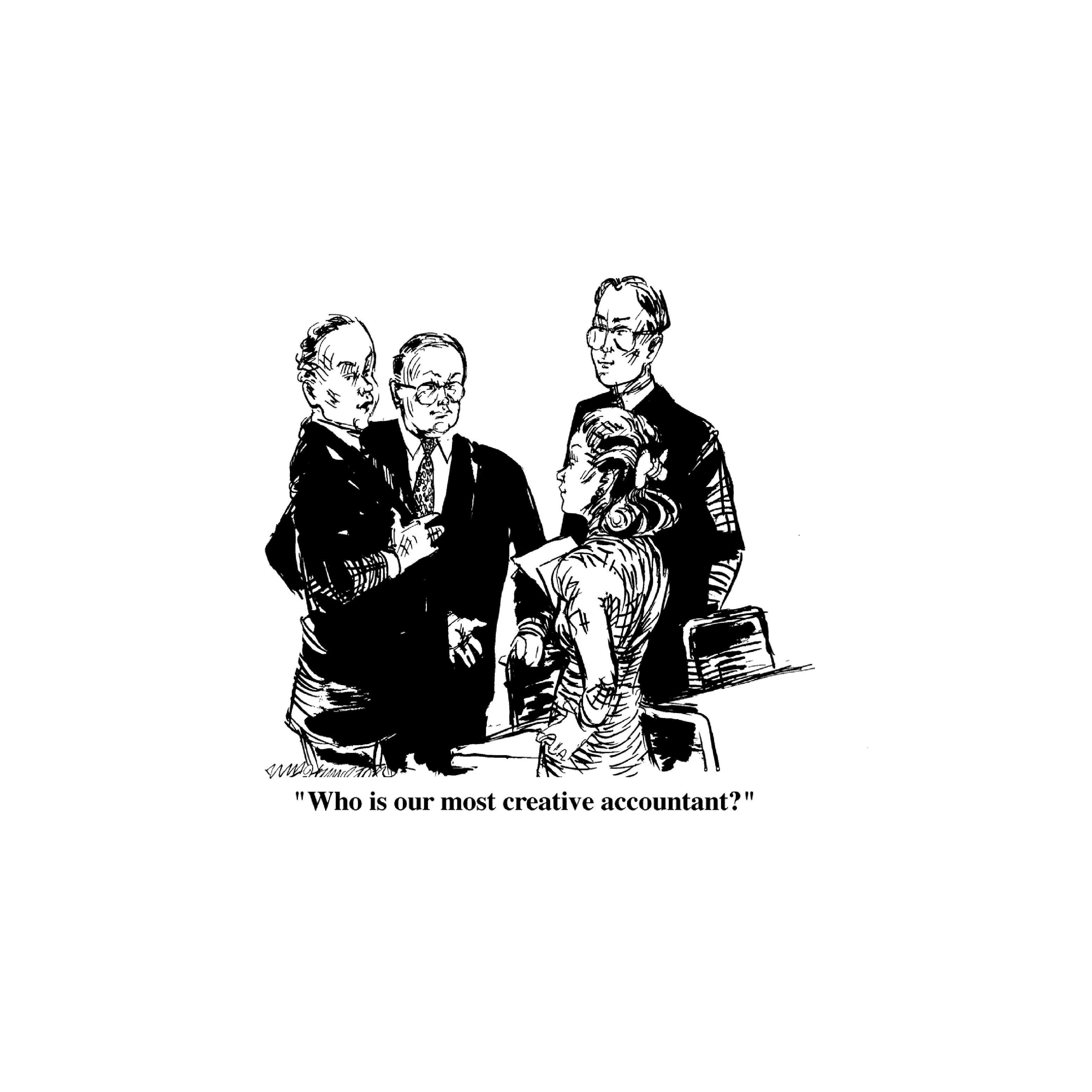What Are We to Make of the Holding Companies in 2017?

The marketing communications holding companies, like the industrial conglomerates that preceded them, were created through M&A transactions and run as decentralized financial holdings.
In this business model, acquired agencies and businesses are expected to improve their financial performance by growing revenues, profits and profit margins. The holding companies make additional acquisitions, using their ever-increasing stock market prices to buy more efficiently.
The holding companies become perpetual "share price growth machines" as long as their acquired businesses have "unrealized performance potential," and as long as there are businesses left to acquire at reasonable prices. Interpublic (1960), WPP (1985), Omnicom (1986), Publicis Groupe (1988) and Dentsu (1997) have had exceptional track records of success, and the senior executives of the holding companies have been well-compensated.
Looking ahead, though, the holding company machine is unlikely to operate as in the past. Too much has changed:
- Creative agency "unrealized performance potential" is drying up. Creative agencies have gone to the wall annually to deliver improved margins to their holding company owners. This has been done in the face of procurement-led fee declines and marketing-led SOW workload increases. Creative agencies have few additional reserves to call on. Their people are severely underpaid and stretched; employee morale is at an all-time low, and agency capabilities have been diminished through underinvestment.
- Media agency contracts and fees are under increased scrutiny. The furor over "media transparency" is leading clients to pay closer attention to media agency contracts and remuneration. Media agencies have been the cash cows of holding companies, helping to plug the performance gaps of their sister companies. This role for media companies may be harder to achieve in the future.
- Reduced agency influence with clients. The original ad agencies of the holding companies, like McCann Erickson, FCB, JWT, O&M, BBDO, DDB, TBWA, Publicis, Leo Burnett, Saatchi & Saatchi, etc. did not expand their advertising capabilities into direct, digital or social marketing under their brand names during the early days of media fragmentation. These capabilities were developed by sister or other agencies, and clients, who wanted integrated services, had to work with many rather than with one single agency. This killed the AOR concept and reduced the influence previously enjoyed by these lead agencies. It also encouraged clients to bring work in-house.
- Relationship ambiguity. In the face of AOR declines, and in a desire to safeguard their revenues, holding companies became proactive in seeking "holding company relationships" with clients. They turned themselves into "super-agencies" that offered the full and exclusive capabilities of their diverse portfolios. However, this put their agencies in an ambivalent situation. They had to be subordinated players in holding company relationships -- providing the expert people that the relationships required -- and, as well, fiercely competitive branded agencies that continued to win business and deliver growing profits.
Publicis Groupe has gone the furthest in defining itself as a super-agency, using "the power of one" as its battle cry. Unquestionably, Arthur Sadoun, the CEO heir-apparent, will continue in this centralized (and very French) direction, arguing that although Publicis Groupe's "silos" have been destroyed, the branded agencies will still flourish. It's a complicated concept.
WPP, which under Sir Martin Sorrell has aggressively sought holding company relationships under his "horizontality" concept, takes a more pragmatic approach, and encourages agency CEOs to take initiatives that strengthen their branded positions in the marketplace.
Omnicom under John Wren maintains a low public profile, but it celebrated loudly its recent holding company McDonald's win. Omnicom has formidable branded strength in BBDO, DDB and TBWA, and Mr. Wren is not likely to take steps to compromise these assets.
The jury is out on Interpublic, but Michael Roth has resolutely (but tardily) invested in holding company staff to strengthen Interpublic's ability to pitch and win holding company relationships. Its key agencies McCann and FCB are strongly led and remain very independent.
The devil for the holding companies is in the detail -- in the balance between centralized initiatives and decentralized strengthening. In the meantime, though, clients continue to weaken all branded agencies through fee reductions and workload growth. This is a problem that does not go away.
Arthur Sadoun faces the greater and riskier challenge if he moves headlong to increase the strength of the center without fortifying his branded agencies. Should he falter, Publicis Groupe's performance and share price will surely fall.
With the benefit of hindsight, holding company CEOs should have encouraged their agencies to invest in multidisciplinary capabilities rather than remain so narrowly focused. However, profit deliver was always their No. 1 objective, so the agency priorities were preordained by holding company performance needs.
Holding companies are now a mixed metaphor -- decentralized financial holdings that squeeze out improved profit performance from their stretched branded agencies and operational super-agencies that win new business and assemble the necessary resources.
Will these super-agencies run themselves better and become more capable than their challenged agencies? Or will they go down the same reduced-fee path? It's early to know, but this particular challenge is one that they clearly need to face today.
Cartoon Credit: William Hamilton, The New Yorker, The Cartoon Bank. With permission.
Click the social buttons above or below to share this content with your friends and colleagues.
The opinions and points of view expressed in this article are exclusively the views of the author and/or subject(s) and do not necessarily represent the views of MediaVillage.com/MyersBizNet, Inc. management or associated bloggers.


